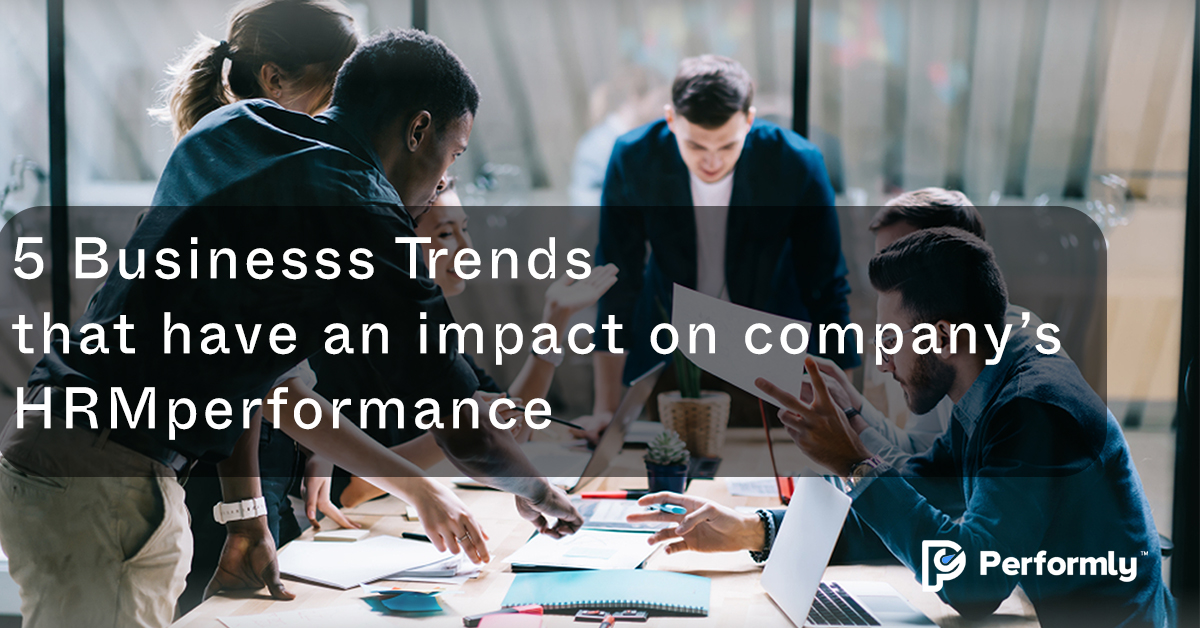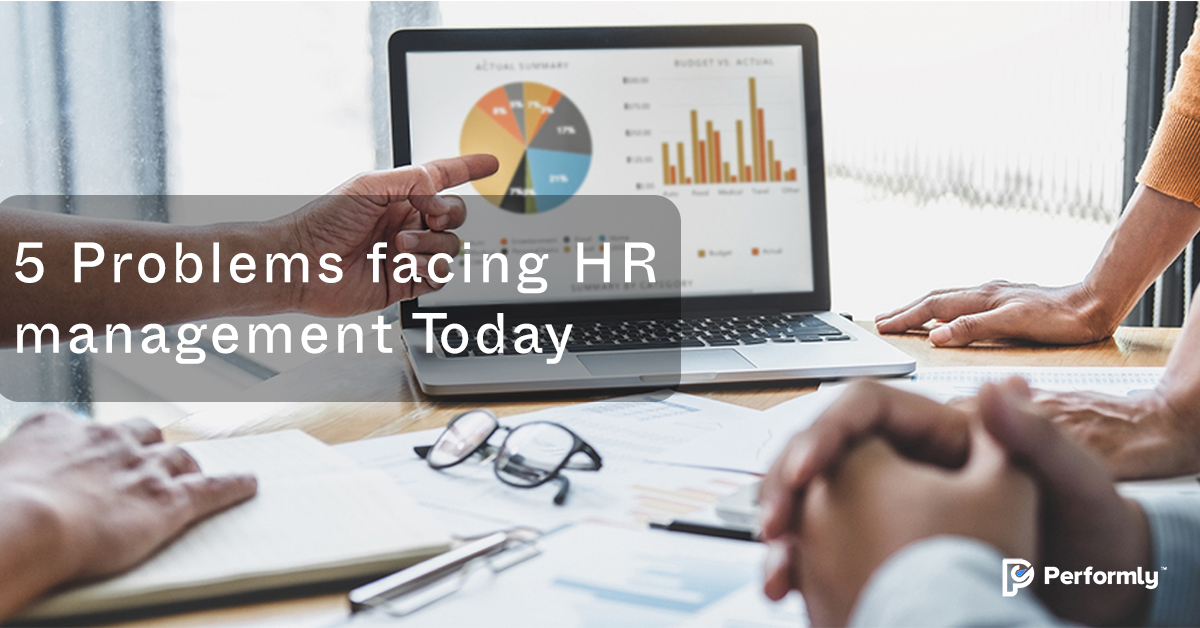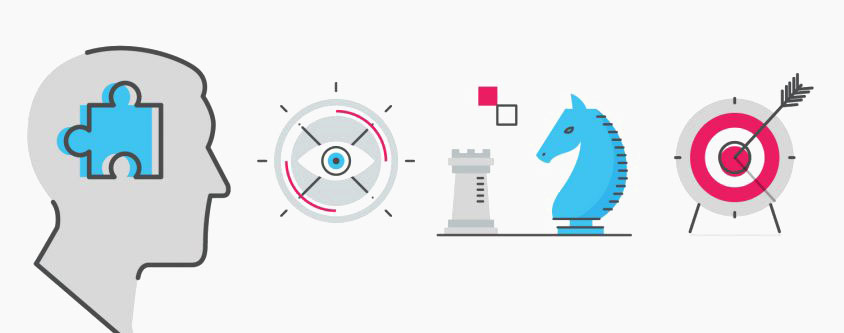HRMS in Egypt , how it Can Transform Your Organization: What to Look for And How It Can Make A Difference
, 2023-02-19 08:08:41

HRMS, Introduction
Human Resource Management Systems (HRMS) has been around for decades and are used by organizations of all sizes to manage employee data. In recent years, the popularity of HRMS has grown in Egypt as more businesses recognize the potential benefits of automation and centralization.
An HRMS can automate and streamline a number of HR-related tasks, from onboarding and performance management to payroll and benefits administration. By using an HRMS, businesses can improve efficiency, save time and money, and make it easier to comply with employment laws and regulations.
When choosing an HRMS for your business, it is important to consider your specific needs and goals. There are a variety of HRMS products on the market, so it is important to select one that will meet your organization’s specific needs. Here are some factors to consider when choosing an HRMS:
- Ease of use: The user interface should be intuitive and easy to use. Employees should be able to access the system from any device, anytime, anywhere.
- Functionality: The system should have all the features you need to support your organization’s HR processes. Make sure the system you choose can grow with your business.
- Integration: The system should integrate with your existing software applications, such as your accounting or CRM system. This will make it easier to manage employee data across all systems.
- Pricing: The price of the HRMS should be affordable.
Benefits of Implementing an HRMS for Egyptian Organizations:
A Human Resource Management System (HRMS) is a critical piece of technology for any organization, and this is especially true in Egypt. There are many benefits to implementing an HRMS, including:
- Improved organizational efficiency: An HRMS can help streamline HR processes and reduce the amount of time spent on manual tasks. This can free up time for other important duties, and improve overall organizational efficiency.
- Reduced costs: By automating HR processes, an HRMS can help reduce the costs associated with manual tasks such as data entry and paper processing.
- better decision-making: An HRMS can provide managers with real-time data about employee performance and attendance. This information can be used to make more informed decisions about staffing levels, training needs, and other critical areas.
- Increased employee satisfaction: An HRMS can make it easier for employees to access important information about their benefits, compensation, and job roles. This can lead to increased employee satisfaction and engagement.
- Improved compliance with government regulations: An HRMS can help organizations keep track of employee records and ensure compliance with government regulations. This is especially important in Egypt, where labor laws are complex and ever-changing.
Components of an HRMS System in Egypt :
An HRMS system is typically composed of the following components:
-A payroll module that handles employee compensation, tax deductions, and other payroll-related tasks
-A benefits administration module that manages employee health insurance, retirement plans, and other benefit programs
-An employee self-service portal that provides employees with access to their personal information and allows them to perform various activities such as updating their contact information or requesting time off
-A performance management module that helps managers track employee performance and identify training and development needs
-A recruiting and applicant tracking module that helps organizations manage the hiring process from start to finish
Each of these components plays an important role in helping organizations manage their human resources more effectively. When choosing an HRMS system for your organization, it is important to make sure that it includes all of the components that you need.
What To Look for in a Quality HRMS
There are a few key things to look for when choosing a quality HRMS. Firstly, the system should be user-friendly and easy to navigate. Secondly, it should be able to track employee data and performance effectively. Thirdly, the system should have robust reporting capabilities. Finally, it should be scalable so that it can grow with your organization.
A quality HRMS will make a big difference in how efficiently your organization runs. It can help you save time and money while improving employee morale and productivity. When choosing an HRMS, be sure to keep these key factors in mind.
Challenges Facing Organizations in Egypt When it Comes to Implementing an HRMS
The challenges that organizations face when it comes to implementing an HRMS in Egypt are many and varied. From a lack of understanding of the benefits an HRMS can bring, to a lack of budget and resources, there are many obstacles that need to be overcome.
However, with the right planning and execution, an HRMS can transform your organization in Egypt, providing a wealth of benefits that will help you to compete in today's increasingly globalized economy. So, what should you look for when choosing an HRMS?
First and foremost, it is essential to choose an HRMS that is suitable for your specific organizational needs. There is no one-size-fits-all solution, so it is important to select a system that will meet the specific requirements of your business. It is also important to consider the scalability of the system; as your organization grows, you will need a system that can grow with you.
Another key consideration is the level of support offered by the vendor. In order to ensure a successful implementation, it is vital to have access to expert support and advice throughout the process. This will help you to overcome any challenges you may face and ensure that you get the most out of your HRMS.
Finally, it is also important to consider the cost of the system. While there is no denying that an HRMS can offer significant benefits, it is important to ensure that it represents value for money. There are a number of different pricing models
How an HRMS Can Transform Your Business
An HRMS, or Human Resources Management System, can have a profound impact on any organization, including businesses in Egypt. By automating HR processes and increasing efficiencies, an HRMS can save your business time and money while also improving employee satisfaction. Here are some of the ways an HRMS can transform your business:
1. Improved Efficiency: One of the most important benefits of an HRMS is that it can help to increase efficiency within your organization. By automating HR processes, you can free up time for your employees to focus on other tasks. Additionally, an HRMS can help to streamline communication between different departments within your organization.
2. Cost Savings: An HRMS can also help to save your business money. By automating HR processes, you can reduce the need for manual data entry and paper records. Additionally, an effective HRMS can help you to better manage your employee benefits and payroll, leading to additional cost savings.
3. Improved Employee Satisfaction: Another benefit of an HRMS is that it can help to improve employee satisfaction. When employees have access to self-service tools and clear communications from management, they are more likely to be satisfied with their jobs. Additionally, an HRMS can help you to better manage employee performance and development, leading to increased satisfaction and retention rates.
Summary
An HRMS is a software solution that automates and simplifies the process of managing employee data. It can help organizations keep track of employee performance, compliance, and payroll. In addition, an HRMS can also provide insights into employee behavior and trends.
For businesses in Egypt, an HRMS can be an invaluable tool for improving organizational efficiency and making sure that employees are properly compensated. Here are a few things to look for when choosing an HRMS:
1. Ease of use: The best HRMS solutions are those that are easy to use and require little training to get started. Look for a solution with a user-friendly interface that will be simple for your staff to navigate.
2. Flexibility: An HRMS should be able to adapt to the unique needs of your organization. It should be customizable so you can tailor it to fit your specific business requirements.
3. Scalability: As your business grows, your HRMS should be able to scale along with it. Look for a solution that offers the ability to add more users or features as needed.
4. Integration: An HRMS should be able to integrate with other software solutions you use, such as your accounting or CRM system. This will make it easier to manage all of your employee data in one place.
5. Reporting: An HRMS should provide powerful reporting features that give you insights into employee performance and compliance. Make sure the solution you choose offers.

























-2021-07-27-18-01-18.jpg)
-2021-05-18-10-54-11.png)
-2021-05-18-10-51-35.png)
-2021-05-18-10-49-13.png)
-2021-05-18-10-43-11.png)


